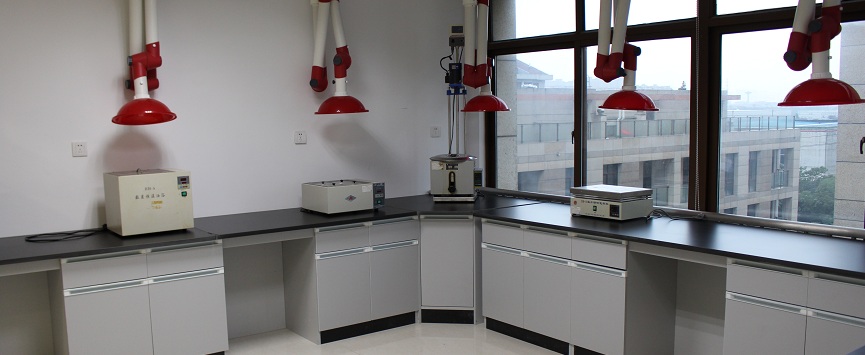

In recent years, the requirements for corrosion resistance of valves in working conditions are more and more high, such as petrochemical system, nuclear power system, sewage system, and valves used in power plants using seawater cooling, which have improved the corrosion resistance conditions to varying degrees. The corrosion of valves is usually chemical or electrochemical, and its corrosion state may be uniform, local, stress and intergranular. Corrosion is required to be uniform in engineering, because local, stress and intergranular corrosion is a dangerous form of failure. The corrosion of the valve is not only related to the chemical composition, metallographic structure, surface characteristics of the parts, but also to the composition, activity and temperature of the corrosive medium. The common corrosion tests of valves include SSC hydrogen sulfide stress corrosion, HIC hydrogen induced cracking, intergranular corrosion, spot corrosion, crevice corrosion, seawater corrosion, corrosion under simulated working conditions, etc.